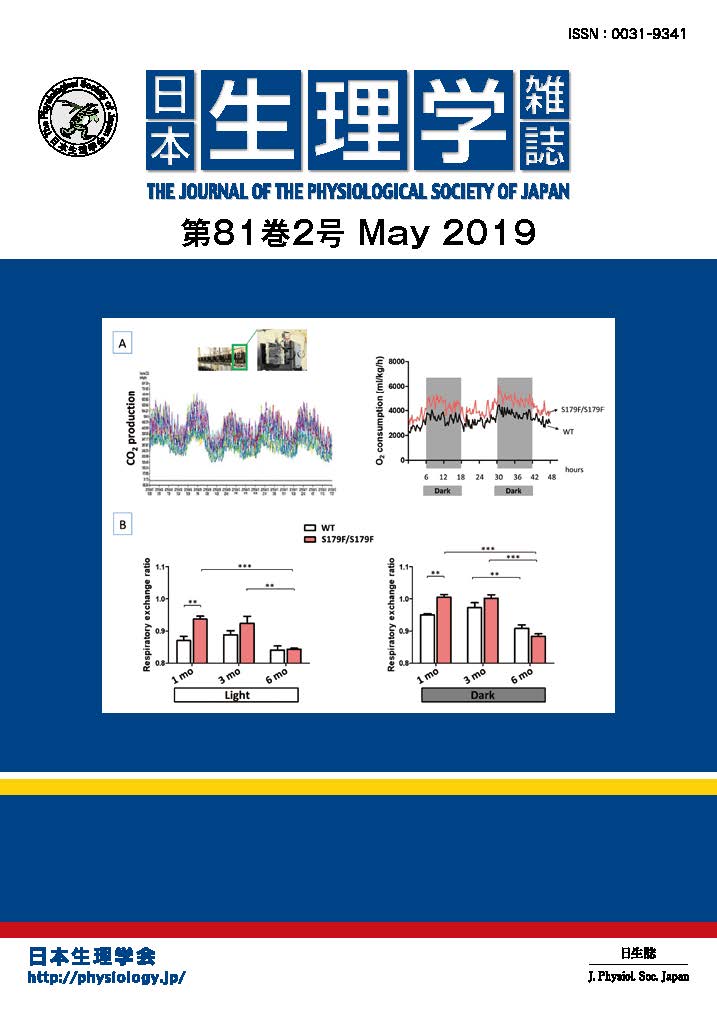The Government of Canada has announced a postdoctoral funding program for Japanese postdoctoral fellows. Initial online application deadline is Nov 15. Details are available at this site:
http://www.scholarships.gc.ca/PDRFNonCdn-BRPDEtr-Eng.aspx#HowtoApply
If you have any bright promising PhD students or medical doctors with research experience who will be graduating within the next year (by Sept 30 2011) I would invite them to contact me directly about spending a year or more as a PDF in my lab. Details about the lab can be obtained at http://people.ucalgary.ca/~neuro/pittman/pittman.html
A major interest in my laboratory is the influence of perinatal experience upon adult physiology and pathology. Out of our interest in fever and host defence grew a research project on febrile and other neonatal convulsions. This has been extended to other studies on seizures, in particular co-morbidity with other animal disease models. A major mechanistic focus is on cytokine and peptide action in the brain that arises consequent to exposure to immune stimuli. Cytokines are pluripotent molecules that alter neuronal excitability and behavior. We are particularly interested in the plasticity of cytokine, neurotransmitter and immune actions as a function of previous experience, gender and environmental interactions. We utilize a multidisciplinary approach, incorporating techniques ranging from voltage clamp in brain slices, to immunohistochemistry, measurement of hormones, peptides and their mRNAs and monitoring of behavioral and physiological processes. A second, related focus is on neural peptides and other signalling molecules, with a particular emphasis on the peptides, arginine vasopressin and oxytocin, and the cannabinoid retrograde transmitters, where we use the same range of multidisciplinary approaches to study the physiology of peptide secreting neurons and the actions of these transmitter molecules at both the cellular and the whole animal level. Some of these molecules are believed to regulate seizures, thus relating the two areas of study in the lab. We work in a highly interactive environment and publish regularly with investigators from nearby neuroscience laboratories.
Our lab is situated in the Hotchkiss Brain Institute (http://hbi.ucalgary.ca/ ) at the University of Calgary where over 40 basic science laboratories (in mostly contiguous space) and allied clinical researchers carry out cutting edge translational neuroscience research. The HBI is considered one of Canada’s leading neuroscience research institutes and there is an active training program for both graduate students and postdoctoral researchers that offers not only state of the art facilities but also exposure to a variety of international opportunities, specialized courses to enhance success and a collegial and interactive atmosphere.
Calgary is a dynamic, safe city with over 1 million inhabitants (http://www.calgaryattractions.com/). It offers both a rich cultural environment with opera, ballet, theatre and a variety of festivals and professional sports with our own football, lacrosse, hockey and baseball teams. There is a rich sporting environment arising from the’88 Winter Olympics and the nearby Rocky Mountains with Banff and Lake Louise resorts provide unlimited outdoor summer and winter recreational opportunities.
Quentin Pittman, PhD
University of Calgary, Canada
























